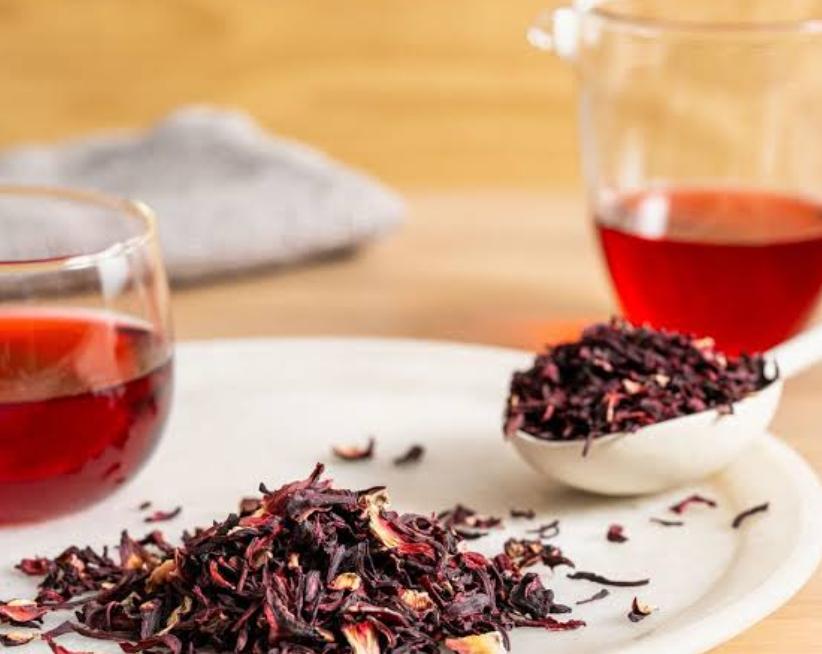Hibiscus tea isn’t just a refreshing beverage—it offers a variety of potential health benefits. Dietitian Czerwony highlights several reasons why this vibrant herbal tea might be worth adding to your routine:
1. Packed with Antioxidants
Hibiscus is rich in antioxidants like vitamin C, beta-carotene, and anthocyanins. These powerful compounds help neutralize harmful free radicals in the body, which are known to damage cells and contribute to diseases such as cancer, heart disease, and diabetes. While your body naturally produces antioxidants, consuming antioxidant-rich foods like hibiscus can provide additional support in disease prevention.
2. Anti-Inflammatory Properties
Research, mostly in animals and a few human studies, suggests that hibiscus may help reduce inflammation. Since chronic inflammation is linked to numerous conditions—including asthma, Alzheimer’s, heart disease, arthritis, and cancer—hibiscus could offer some natural relief, though further research is needed.
3. Helps Lower Blood Pressure
Hibiscus tea has been shown in clinical trials to help reduce high blood pressure, a condition affecting nearly half of U.S. adults. While its impact is generally mild, it could offer some benefit alongside prescribed treatments—not as a replacement for blood pressure medication.
4. May Improve Cholesterol Levels
Some studies have indicated that hibiscus might help lower cholesterol, while others found little to no effect. Although more research is necessary, hibiscus may support the maintenance of healthy cholesterol levels.
5. Aids in Weight Management
Hibiscus extract has been linked to weight loss in several studies, which may help in preventing obesity. However, it’s important to note that these findings relate to hibiscus in extract form, not the tea. Whether the tea has the same effect is still unclear.
6. Antibacterial Benefits
Lab tests have shown that hibiscus extract can inhibit the growth of certain bacteria. Although these antibacterial properties are promising, scientists are still evaluating how effective they are in humans.
7. Promotes Liver Health
Some studies suggest that hibiscus supports liver function and protects it from damage caused by toxins. This is likely due to its antioxidant effects. In lab settings, it has also shown potential anti-cancer effects in liver cells.




